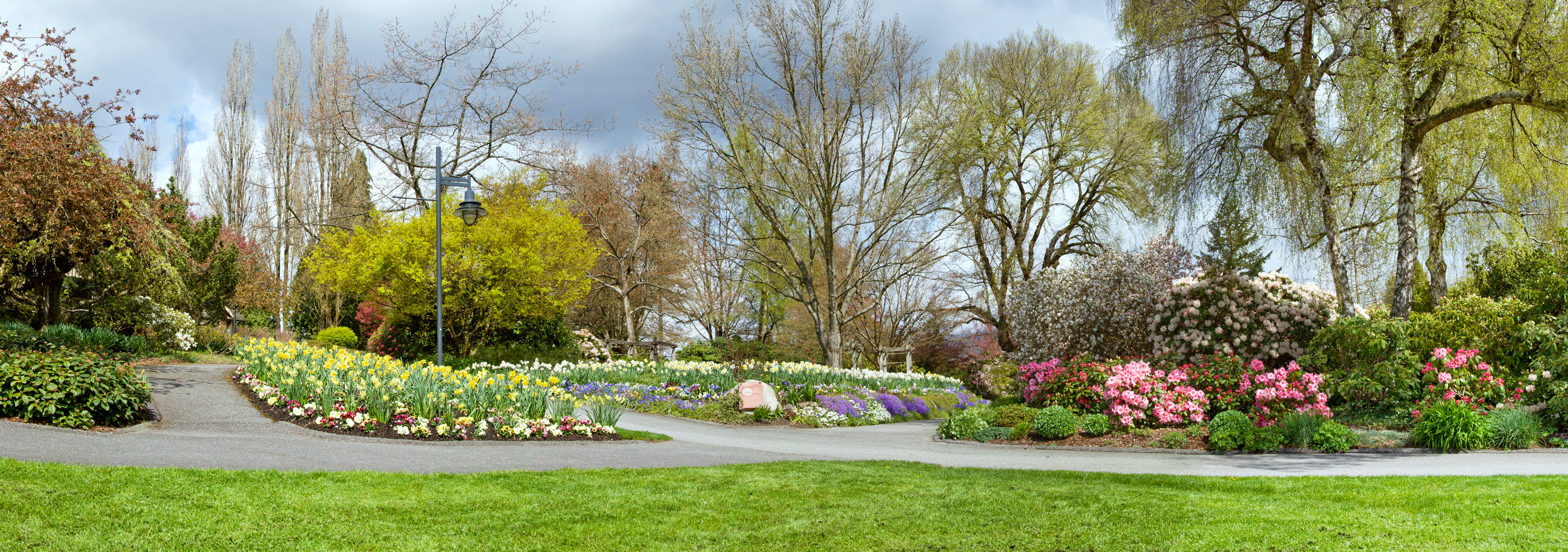

Photo Credit: iPixela/shutterstock.com
About NC State Extension Master Gardener℠ volunteers
NC State faculty and staff train MGVs to be highly effective community educators providing unbiased, research-based, environmentally sound information about growing lawns, fruits, vegetables, trees, and ornamentals. They focus specifically on issues of importance in their local communities related to residential gardening and landscaping, including environmental stewardship, water conservation, water quality preservation, energy conservation, green waste reduction, home food production, wildlife management, sustainable communities, and health and wellness for children and adults.
Mission
Connecting people to horticulture through science-based education and outreach.
Vision
We are the trusted source of science-based information that empowers North Carolinians to cultivate healthy plants, landscapes, ecosystems, and communities.
CORE VALUES
RESPECT ♦ COLLABORATION ♦ RESPONSIBILITY ♦ FUN
Extension Master Gardener volunteers of Surry County
In Surry County, MGVs share research-based information with the gardening public through:
- answer gardening questions
- provide informative, research-based publications and factsheets
- offering gardening classes, workshops, and webinars
- responding to gardening questions submitted to our MGV Helpline
- posting timely gardening information to social media (Facebook, Instagram)
- a plant sale to raise funds for educational activities and our scholarship
- a scholarship to support a student pursuing a degree in horticulture
- seed libraries at Surry County public libraries and senior centers
Other activities:
About NC Cooperative Extension
N.C. Cooperative Extension partners with communities to deliver education and technology that enrich the lives, land, and economy of North Carolinians. The North Carolina Cooperative Extension Service, established in 1914, was authorized by the Smith-Lever Act and designed as a partnership between the United States Department of Agriculture (USDA), North Carolina State University, the land grant university (authorized by the Morrill Acts of 1862 and 1890), and local government. This federal/state/local partnership provides a network of professionals in every county in North Carolina.
North Carolina State University and North Carolina A&T State University commit themselves to positive action to secure equal opportunity regardless of race, color, creed, national origin, religion, sex, age, veteran status, or disability. In addition, the two Universities welcome all persons without regard to sexual orientation.
© North Carolina State University.